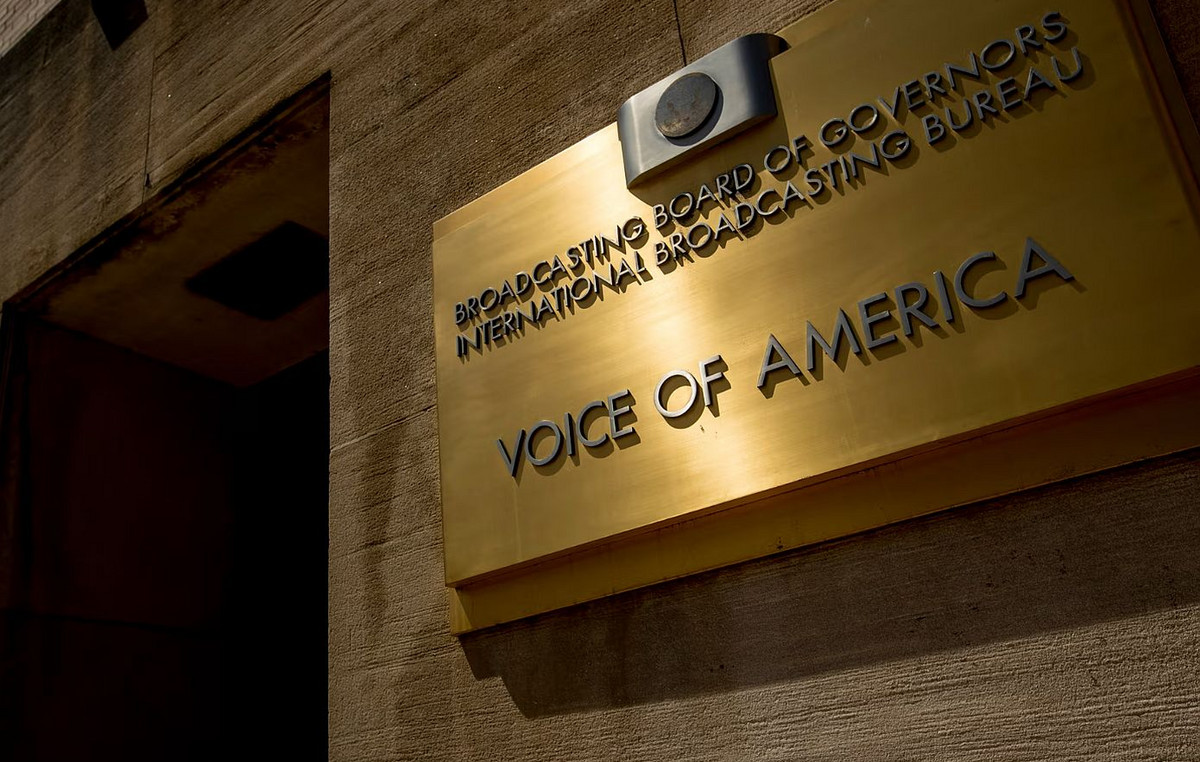Portugal's newly elected minority government had its first confrontation, this Tuesday (26), with the extreme right, which accuses the center-right coalition of siding with the socialists to block the appointment of the president of Parliament.
The Democratic Alliance (AD) coalition, led by the leader of the center-right Social Democratic Party (PSD), Luis Montenegro, won the March 10 general elections by a small margin, far short of what is necessary to govern alone.
This result reflected a political tilt towards right-wing populism and a weakening of socialist governance across Europe, which is expected to result in gains for far-right parties in June's European elections.
The far-right Chega party has quadrupled its parliamentary representation and has 50 deputies.
In Portugal, analysts point to instability for the AD minority government, since, with just 80 seats in the 230-seat House, it is dependent on others to approve a measure.
Montenegro has repeatedly refused any government agreement with Chega, something party leader André Ventura demanded to allow AD to win a vote in Parliament.
In a surprise move on Monday, Ventura announced that his party had reached an agreement with the AD to allow PSD deputy José Pedro Aguiar Branco to be elected parliamentary president.
However, after a vote on Tuesday, during the first session of Parliament after the elections, Aguiar Branco, initially the only candidate for the position, was rejected after receiving only 89 votes in favor, failing to reach the required majority of 116 – which means that Chega's legislators did not comply with the agreement.
After Aguiar Branco failed to get enough votes, the Socialist Party (PS) and Chega proposed their own candidates – Francisco Assis and Manuela Tender, respectively – and Parliament held a second round of voting to choose between the three.
Neither candidate received enough votes to be nominated and lawmakers had to vote a third time, but again were unable to elect a parliamentary president.
The process will resume with a fourth vote this Wednesday (27).
“We witnessed the first negative coalition between the Socialist Party (PS) and Chega”, said Joaquim Miranda Sarmento, leader of the PSD parliamentary group.
The leader of the PS parliamentary bench, Eurico Brilhante Dias, called Sarmento's accusation in bad faith because his party was not consulted by the AD, which chose to make an agreement with Chega.
“The agreement between the (two) right-wing parties did not work,” said Brilhante Dias. “It was ruptured in less than 24 hours.”
Ventura, denying having given instructions to his legislators to make Aguiar Branco's appointment unfeasible, accused several AD leaders of repudiating the existence of an agreement.
“The AD has to choose who it wants to ally with,” said Ventura.
Political scientist Marina Costa Lobo previously told Reuters that it was “difficult to predict Chega’s behavior because it is an anti-system party”.
Source: CNN Brasil
Bruce Belcher is a seasoned author with over 5 years of experience in world news. He writes for online news websites and provides in-depth analysis on the world stock market. Bruce is known for his insightful perspectives and commitment to keeping the public informed.







